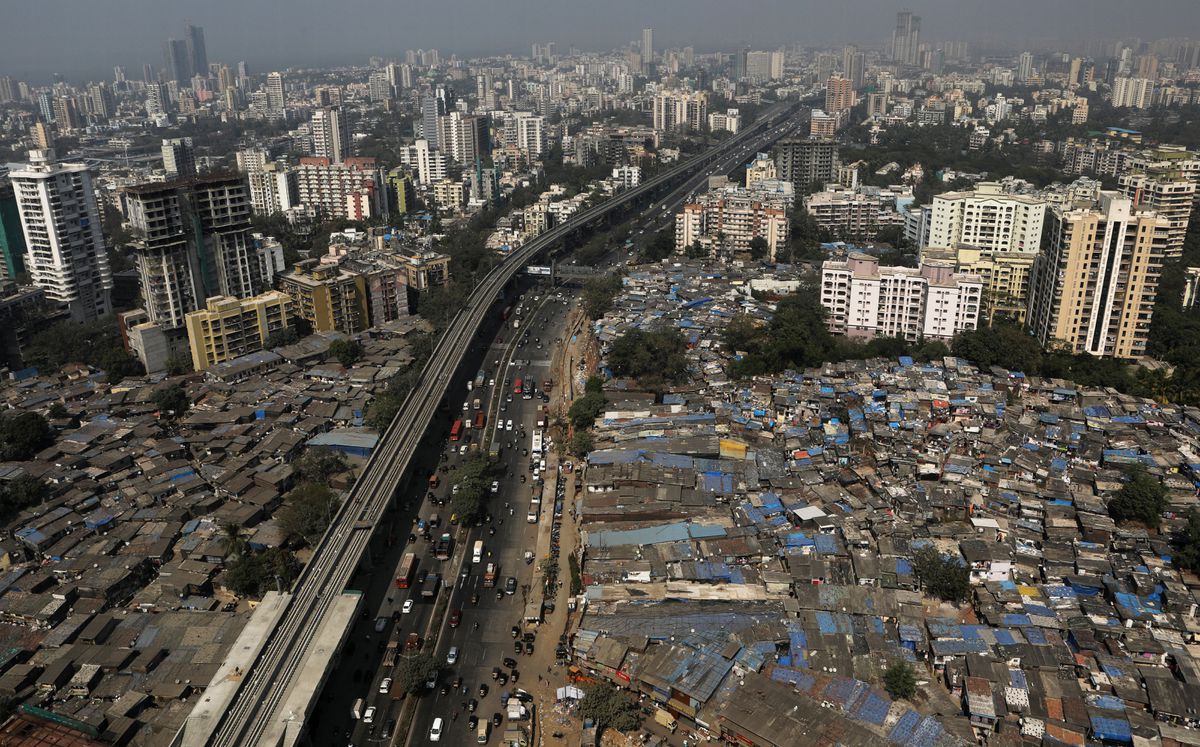MUMBAI, Jan 31 (Reuters) – India’s annual pre-budget economic survey is likely to peg GDP growth at 6-6.8% for 2023-24, according to a source.
The government survey is likely to say that growth is seen at 6.5% for 2023-24 under the baseline scenario, the person said, declining to be named as the matter was confidential. This would be the slowest in three years. Nominal growth is likely to be forecast at 11% for 2023-24, the source added.
Growth in the financial year beginning April 1 will remain strong relative to most global economies, led by sustained private consumption, a pick-up in lending by banks and improved capital spending by corporations, the survey will likely say, the source said.
An economic survey by Chief Economic Adviser V. Anantha Nageswaran will be tabled in the parliament on Tuesday by Finance Minister Nirmala Sitharaman, a day before she presents the budget for the next fiscal year.
The Economic Survey is the government’s review of how the economy fared in the past year.
India’s economy has rebounded since the COVID-19 pandemic, but the Russia-Ukraine conflict has triggered inflationary pressures and prompted central banks, including India’s, to reverse the ultra-loose monetary policy they adopted during the pandemic.
The survey will likely take note of above-target inflation in India, estimated by the central bank at 6.8% in 2022/23, but is likely to argue that the pace of price increases is not high enough to deter private consumption or low enough to weaken investment.
The survey will likely caution that pressure on the Indian rupee could continue due to the tightening of monetary policy, the source said. India’s current account deficit (CAD) may also remain elevated as imports could remain high due to a strong local economy while exports ease due to weakness in the global economy, the survey will likely caution.
India’s CAD was 4.4% of GDP in the July-September quarter, higher than 2.2% a quarter ago and 1.3% a year ago, as rising commodity prices and a weak rupee increased the trade gap.
Even growth of 6.5% could keep India among the fastest growing economies in the world, despite losing pace from an estimated 7% in the fiscal year that ends on March 31. It has grown at 8.7% in the previous year mainly due to pandemic-related distortions.
The survey will likely point to an improvement in employment conditions in India due to stronger consumption but add that a further pick-up in private investment is essential for job creation. The government’s increased spending on infrastructure in the last two years should help, the document will argue.
Unemployment in India had soared during the pandemic.
The government’s economic research department will also likely point to improvement in the financial health of the Indian banking sector as a factor aiding economic growth.
Writing by Ira Dugal; Editing by Andrew Cawthorne, Jonathan Oatis and Bernadette Baum




प्रतिक्रिया